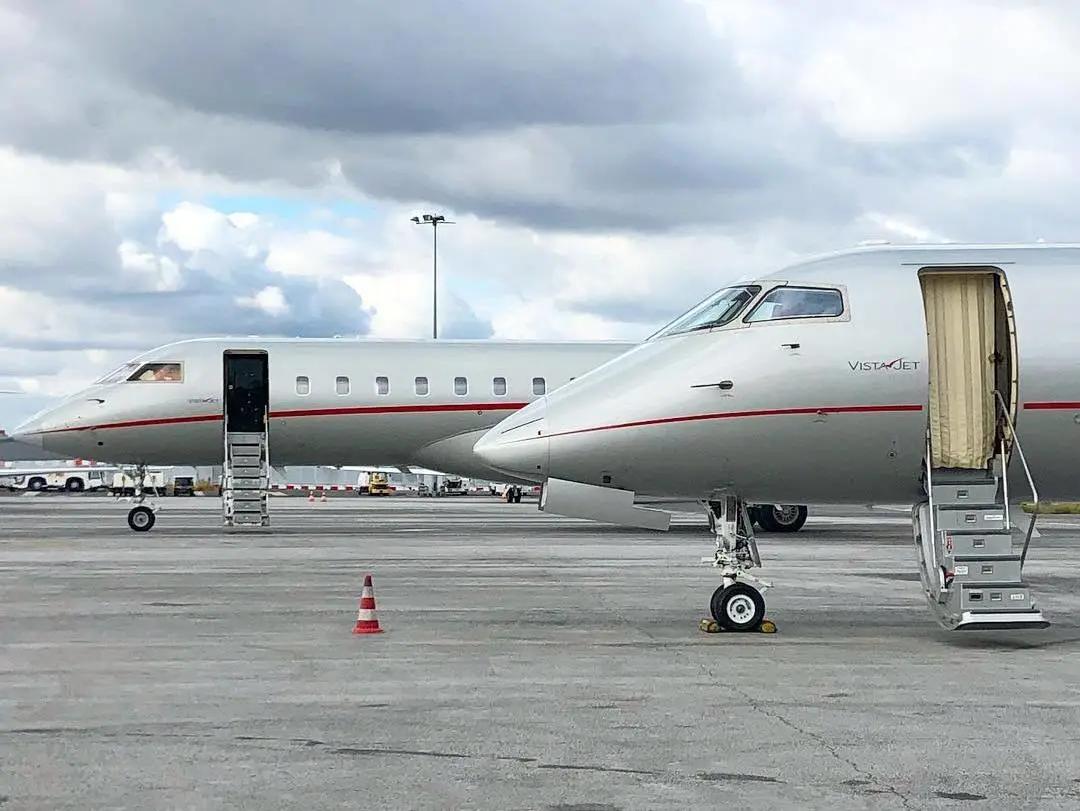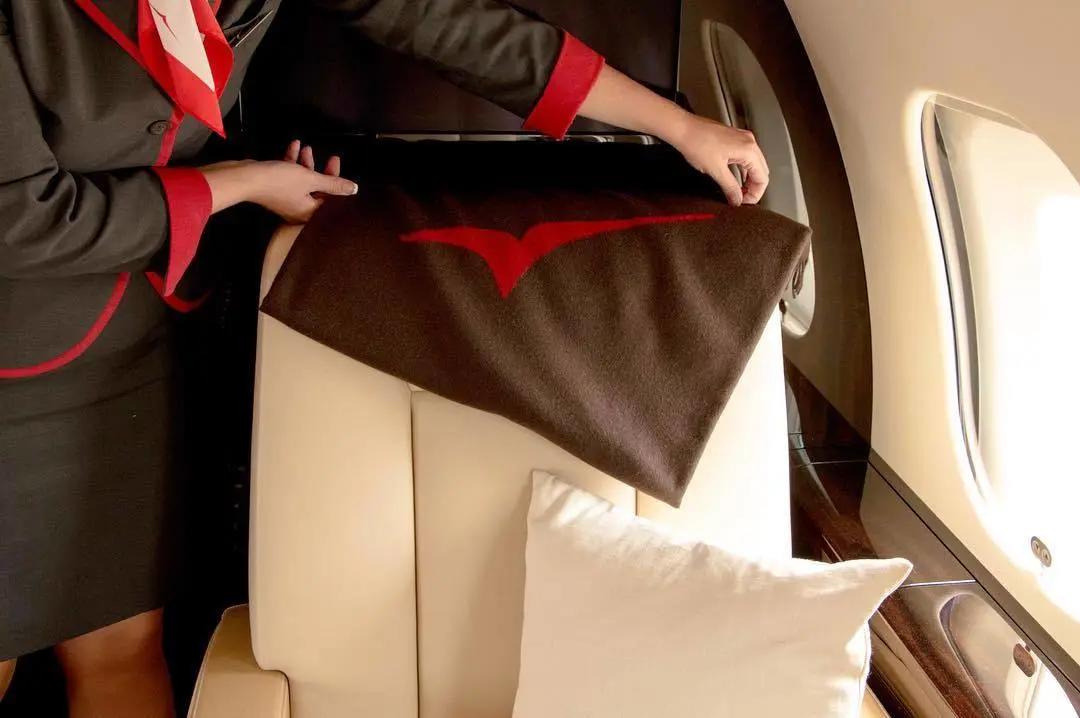
Perhaps unsurprisingly, global demand for private jets has seen a sharp rise as concerns around Coronavirus grow. While initially private flights were requested to evacuate from affected areas, demand has progressed to include those customers seeking to avoid busy airport terminals worldwide or seeking alternatives to cancelled commercial flights.


The wellbeing of passengers and crew is our highest priority and we have taken actions to further strengthen our safety procedures:
VistaJet is receiving expert security and safety advice from Control Risks and Osprey, using both human and AI-driven intelligence;
